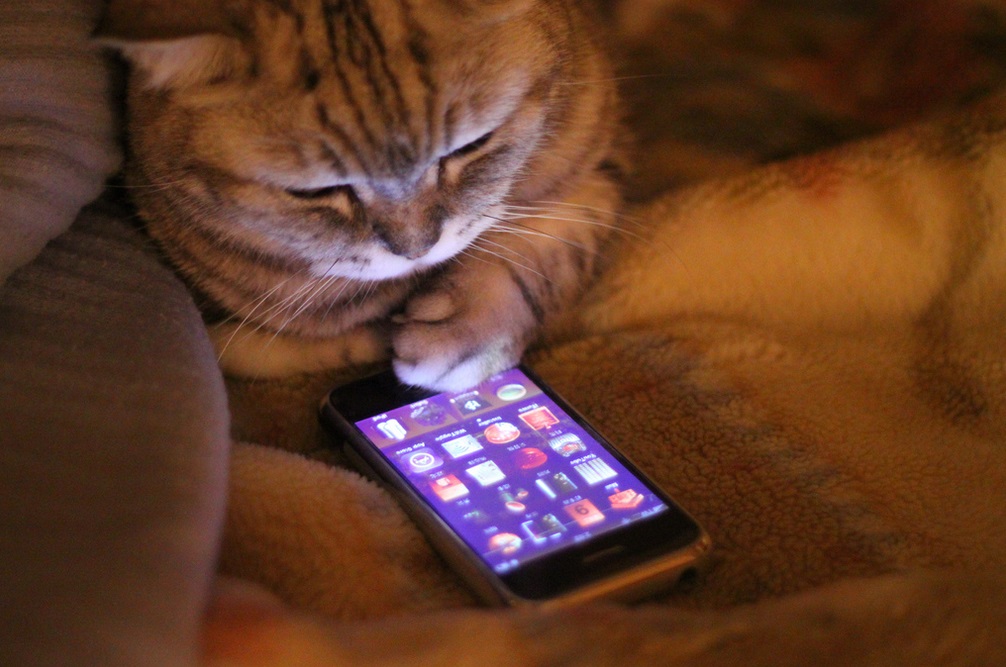Everyone Except Sprint Customers, Rejoice: You Can Start Unlocking Your Mobile Phone This Week

(J)
It’s been in years of back-and-forth legal limbo, but late last year cell phone unlocking in the U.S. became well and truly legal. Likewise, the wireless industry’s voluntary plan for phone locking, adopted last February, finally goes into full effect this week.
So the good news is, after Wednesday — February 11 — if you want to keep your phone but change carriers, the company you’re currently with has to unlock your device so you can bail on them. But there are a bunch of caveats and some fine print, so here are the basics you need to know.
First things first: no matter what your current carrier, there are two conditions your phone needs to meet in order to be eligible for unlocking. Both involve owning the phone free and clear, with no outstanding cash due to the wireless company:
- If you paid for it on an installment plan (like Verizon Edge), the plan term needs to be over, with all installments paid, and
- If you received a subsidized phone as part of a one- or two-year contract, the contract term needs to be over (or you have to pay the ETF).
There are also some technological limitations, depending on how old your device is and how it was designed. To make a long story short, Sprint customers whose phones are not literally brand new (sold after February 11, 2015) will probably have some trouble with this, but everyone else is likely to be okay.
As for the policies…
AT&T customers can request an unlock here.
AT&T will unlock both prepaid and traditional post-paid phones, but prepaid customers must have had their devices for at least six months. The company’s full fine print is available in their knowledge base., but in general runs to the clear English: if you’re a customer in good standing, who meets the above two eligibility requirements, then AT&T will unlock your phone upon request so you can take it elsewhere.
AT&T can take up to two days to process an unlock request; customers can check the status of theirs on this page.
For Sprint customers, it’s a little trickier.
Sprint’s full legalese Q&A is on their site, but it’s a little less flexible than the others. Any Sprint phone can be unlocked for international travel, but not necessarily for use on other domestic networks. It’s because Sprint has been using a network standard called CDMA for its phones, which isn’t compatible with the GSM network other carriers use. Phones designed for unlocking can do it — that’s why anything from this week forward will be okay — but older devices weren’t built to that standard.
Sprint cautions in bold, underlined letters that “Specifically, devices manufactured with a SIM slot within the past three years (including, but not limited to, all Apple iPhone devices), cannot be unlocked to accept a different domestic carrier’s SIM for use on another domestic carrier’s network. Sprint has no technological process available to do this.”
For consumers whose phones are physically capable of popping back off of Sprint, however, customers can request an unlock by calling customer support at 888-211-4727. (Prepaid customers have slightly different instructions.)
T-Mobile’s requirements are also pretty straightforward.
T-Mobile does specifically limit the number of unlocks per line of service to 2 in a 12-month period, however, and they also require that the device have been in active use for at least 40 days.
For a very limited number of devices (i.e. currently exactly one), T-Mobile customers can use an app to unlock their own device. Otherwise, you need to contact customer service to request the unlocking.
Verizon is the only carrier that doesn’t let you request to unlock your phone, but they have an excellent reason: they’re the only one of the four major national carriers that doesn’t lock their phones to start with. They already ship SIM-unlocked. No special requests required.
Verizon’s policy says that all of their 4G LTE devices are already unlocked, and among 3G devices, only “non-iPhone 3G Global Ready” postpaid phones and “3G Prepaid Phone-in-the-Box” require intervention from customer service to unlock.
The FCC has a full Q&A available explaining what companies are and aren’t required or allowed to do. In addition to the big four providers, Bluegrass Cellular, Cellcom, and U.S. Cellular have also signed on to the CTIA code.
Want more consumer news? Visit our parent organization, Consumer Reports, for the latest on scams, recalls, and other consumer issues.

